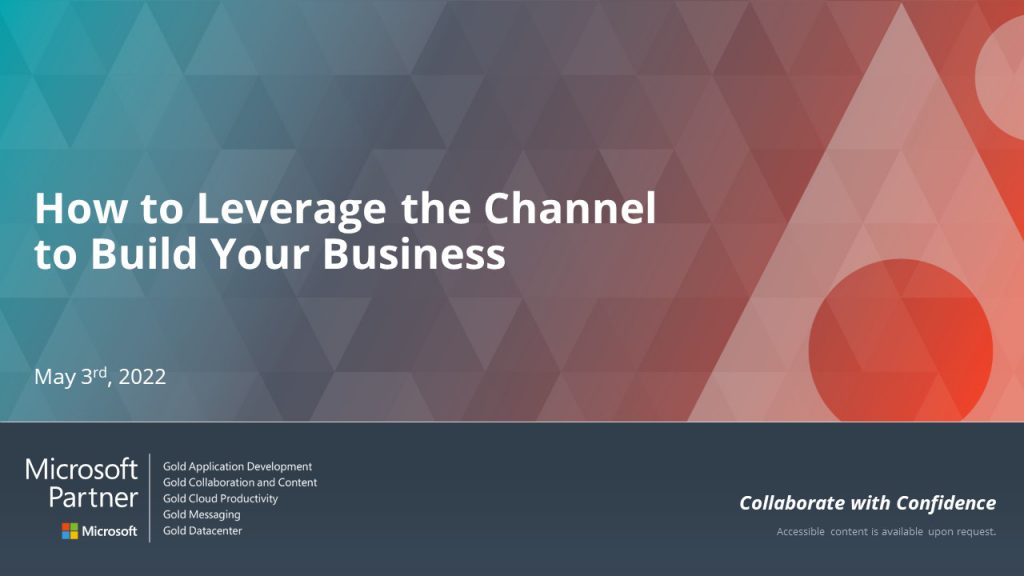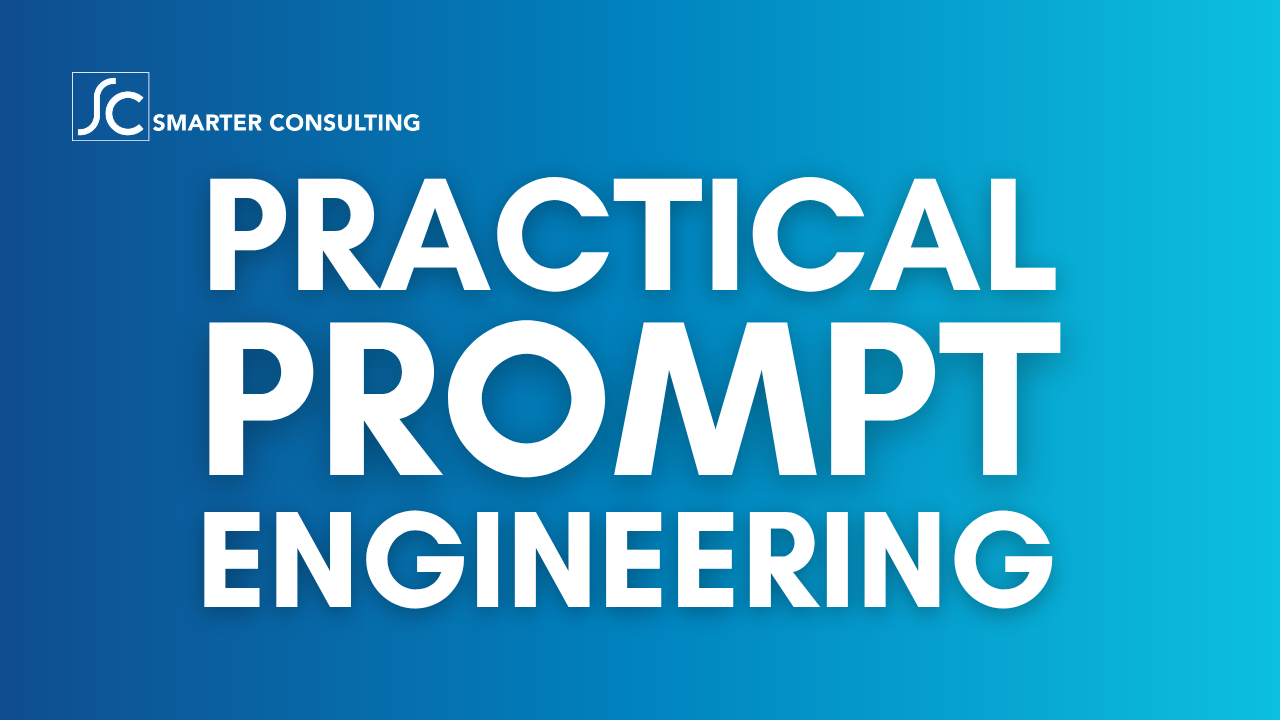Leveraging the Channel to Build Your Business
Earlier today I was able to present to the IAMCP Virtual Chapter on the topic of “How to leverage the channel to build your business” and share some of my learning and experience of working with dozens of partners, most of them independent software vendors, or ISVs, within the Microsoft ecosystem. While my primary role is to manage the global alliance relationships with Microsoft, Salesforce, and Google, an expanding part of my role is channel evangelism. As such, I’m working on content and planning events to help AvePoint reach our MSP and other partner onboarding goals, which is why you’ll see me attending more and more partner-related events around the world.
I’ve been a member of IAMCP (International Association of Channel Partners) for more than a decade and served as the co-founder and initial president of the Seattle chapter for 3.5 years before moving to Utah. I’ve personally had success through peer-to-peer networking as a member of IAMCP, and I’m always happy to share my experience with fellow members.
In my 20-minute presentation, I walked through what was essentially a 2-day workshop that I gave to clients while working as an independent consultant. If you are an IAMCP member, be sure to check out the recording which you should find on the virtual chapter resources page. Two days of content is a lot to condense into 20 minutes, so I covered 4 essentials:
- Refining your channel approach. This is all about being crystal clear on your channel goals — and making it clear to your direct sellers where they make money, and where they should hand off to partners. The failure to make this clear will lead to the failure of your channel program, period.
- Defining the partner experience. This is all about planning, building, and continually refining your go-to-market strategy, and making it as easy as possible to work with you. You can have the best products and services in the world, but if partners find it difficult to work with you (which includes conflict with your direct sellers), they will go with lessor products and services.
- Building robust communication channels. While this is an extension of your GTM strategy and continual refinement and nurturing, it’s incredibly important to be clear and consistent in your communication with channel partners, creating feedback loops so that you can hear their feedback — and they can see that action has been taken.
- Focusing on the right partners. Not all partners are equal, and yet many companies attempt to treat all partners the same. The reality is that you should spend the most time and resources on partners who are successful, and, as much as possible, automate the rest of the partner experience. Motivated partners who can find success with self-service tools have earned your additional attention and investment. Make this clear, and partners will engage.
You can check out my slides here:
Again, I highly recommend you check out the full recording, which includes a full presentation by Chaitra Vedullapalli on strengthening your co-selling capabilities. If you’re not yet a member, it’s only $250 per year, giving you an instant network of hyper-connected potential partners. Check it out.





